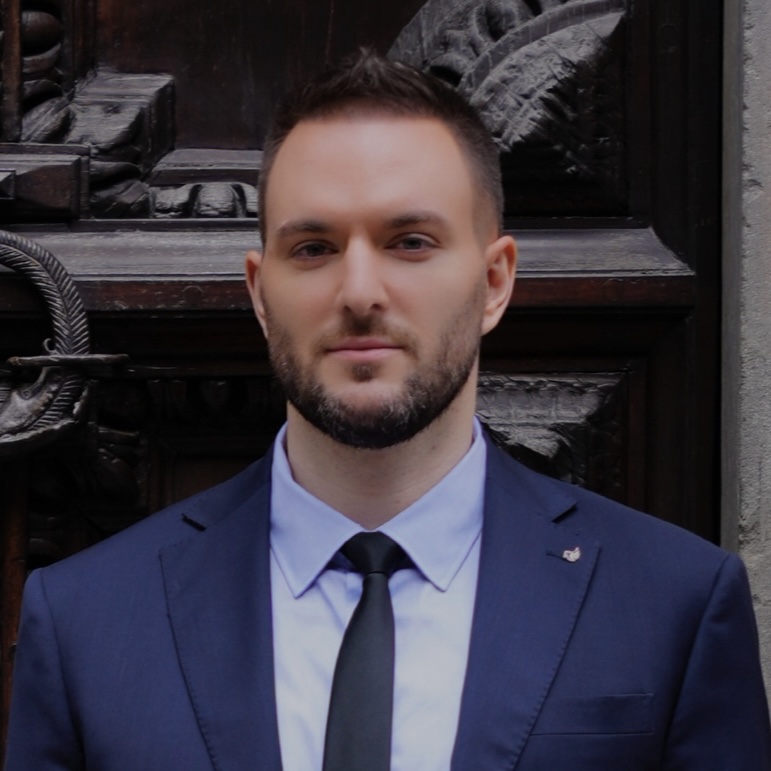I deleted my original Twitter account earlier this year.
Seventeen years. Thousands of tweets. Gone.
Not archived. Not deactivated. Deleted.
Before you assume this is another “I’m leaving social media” rant—relax. I opened a fresh X profile the next day. The real story is bigger than one platform. It’s about digital sovereignty and why we never truly own our online presence unless we build on land we control.
The Illusion of Ownership
From 2008 to 2024, I fed the Twitter machine with BCIT hallway tweets, Saturday-night Hockey Night in Canada live tweeting, early-morning GaryVee retweets, and plugs for my ventures. Every post became a data point in someone else’s empire—Jack Dorsey’s then, Elon Musk’s now.
Meta is no different. Facebook, Instagram, Threads—each brick in Mark Zuckerberg’s social-graph fortress.
The hard truth is that the moment we hit publish, the data stops being ours. We become digital sharecroppers, farming engagement on rented soil while the landlords monetise the harvest.
The European in Me
When I became an EU citizen in 2018, I discovered a different way of thinking about digital rights, and in 2024, I started doing business in Europe, which further opened my eyes.
- GDPR Article 17 grants Europeans the right to be forgotten—companies must wipe your data and chase down any third parties still hosting it.
- The Digital Markets Act stops Big Tech from silently merging data across platforms.
Meta alone has paid €2.8 billion in GDPR fines—proof that these laws have teeth.
The default posture in North America is that “I have nothing to hide.” Europe starts with “Your privacy is a right.” With the EU, the burden shifts from citizens to companies. I like that, even as a business owner.
The Engagement Trap
Recently, I also deleted all my Threads posts. Why? Because I’d fallen into the oldest trap in social media: optimising for engagement instead of truth.
Crafting the perfect hook. Gaming the algorithm. Chasing followers.
No legacy lives in that—just empty calories in the attention economy. Platforms reward the inflammatory over the insightful, performance over conversation.
Taking Back Control
I started Marcus.Blog yesterday to fully own my digital space.
My thoughts live here now. Unfiltered by algorithms. Uncompressed by character limits. Unoptimised for anything except clarity and value.
Social media is demoted to what it should be—a distribution layer, not the source. Invitations, not destinations. Here, my corner of the web, is where I invite you to delve into deep thinking with deeper, meaningful conversations.
The Real Conversation
Comments stay open here because real dialogue needs context, nuance, and breathing room. No algorithm pushes you to react; no metrics grade your response. The pressure evaporates, and so genuine exchange can begin.
Social-media UX is social engineering—features calibrated to maximise engagement, sans understanding. It turns people into metrics. The machine gets richer; we get noisier.
Here, we chat like humans—slowly and honestly, like ideas steeping in espresso. Disagreement isn’t destruction; it’s the start of comprehension.
Real conversation can’t be optimised. It meanders. It transforms both sides in ways no algorithm can predict or monetise.
Your Digital Sovereignty
This isn’t just my story—it’s yours, too.
Every day, you create value for platforms that will outlive your interest. Teenage thoughts preserved—and monetised—forever. Past selves analysed by models you never approved.
Ask yourself:
- Who really owns your digital history?
- What would you lose if you deleted it tomorrow?
- Are you building on rented land?
A 3-Step Sovereignty Starter Kit
Not sure where to start? Begin here:
- Inventory the past: List every dormant social or service account you haven’t touched in a year.
- Export or erase: Download what you need; delete what you don’t. Close the account if it no longer serves you.
- Claim your home base: Register (or revive) one web domain you fully own, and publish there first—let social channels amplify, not house, your ideas.
The Choice
You don’t have to nuke every account like I did. Just understand the trade-off.
Each post transfers rights. Each upload feeds a machine. Each interaction trains its algorithms.
The alternative isn’t isolation—it’s consciousness. Own your platform. Control your distribution. Build something that belongs to you.
Because the question isn’t whether you have something to say.
It’s whether you’ll still own it tomorrow.
What step will you take today to reclaim your digital sovereignty?

Leave a Reply